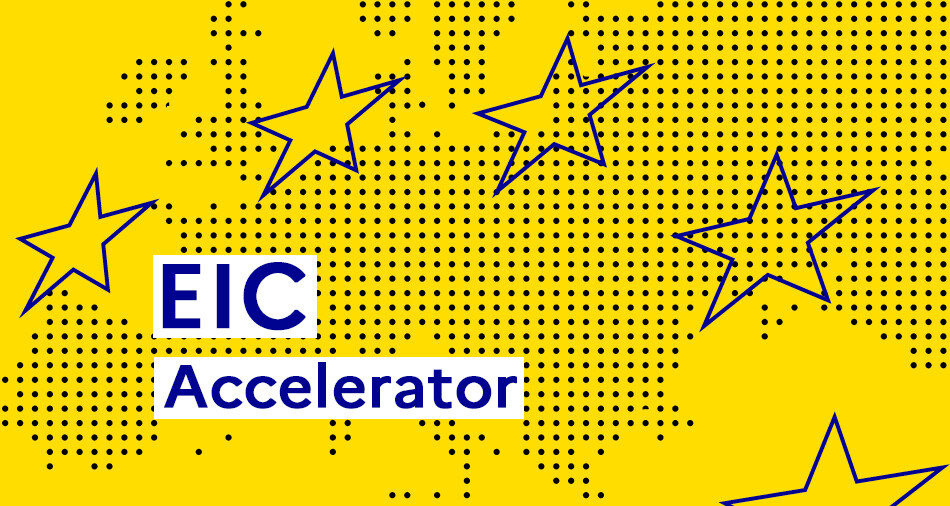ExpectedOutcome:
Project results should contribute to all of the following expected outcomes:
- Enhanced entrepreneurship on circularity and regenerative processes and, in particular, increased number of highly innovative start-ups and industrial hubs developing and scaling up soil improvers[1] from bio-waste[2].
- Significant reduction of bio-waste for landfill.
- Improved nutrient recovery from bio-waste for soil improvers production.
- Improved environmental, health and safety performance of soil improvers from bio-waste and related production operations, including improved testing methods throughout the entire life cycle.
- New improved and demonstrated products, value chains and services available for soil improvers derived from bio-waste.
Scope:
Bio-waste is a potential valuable resource to improve soil fertility. Fostering the production of soil improvers and optimizing bio-waste recycling can help maximise the uptake of circular innovations for sustainable soil products and services, in line with the new Circular Economy Action Plan[3] and Waste Framework Directive[4]. As a result, new business opportunities will be created, while increasing the availability in the market of soil improvers derived from circular production systems. Projects should support the achievement of the sustainable development goals (SDGs), in particular SDG 11 ‘Sustainable Cities and Communities’, whenever relevant.
Proposed activities should:
- Develop and pilot innovations to support large-scale product validation and market replication of soil improvers from bio-waste that allow a major step increase in technological maturity of products and or services (Technology Readiness Levels 7-8).
- Develop and pilot appropriate business models that consider different market outlets and marketing strategies for the proposed innovations while significantly decreasing bio-waste incinerated or destined for landfills.
- Demonstrate the safety of soil improvers, and their production phase, in accordance with relevant EU regulatory frameworks related to their placing on the market and generate data to support improved social and environmental performance.
- Analyse vulnerabilities, dependencies, and need for critical infrastructure that may hinder the upscaling of production and marketing of soil improvers from bio-waste.
- Monitor the pre-market processes (i.e., design, production, testing, etc.) to demonstrate upscaling feasibility and economic profit.
- Implement a multi-actor approach by involving a large number of stakeholders (e.g., SMEs, city councils, research centres, civil society) to improve upscaling capacity.
In carrying out the tasks, consortia should take into account and build on relevant previous EU projects (e.g., Scalibur,[5] WaysTUP!,[6] VALUEWASTE[7]) and coordinate work with projects to be funded under HORIZON-MISS-2022-SOIL-01-02: Improving food systems sustainability and soil health with food processing residues and HORIZON-MISS-2021-CIT-02-01: Urban planning and design for just, sustainable, resilient and climate-neutral cities by 2030. The proposals shall include dedicated tasks and appropriate resources to deliver on these coordination and collaboration activities.
When addressing a bio-waste which may include parts of animal origin it is crucial that proposal should align to the requirements of the EU legislation on animal by-products – in particular Regulation (EC) No 1069/2009 of the European Parliament and of the Council of 21 October 2009[8] laying down health rules as regards animal by-products and derived products not intended for human consumption and Commission Regulation (EU) No 142/2011 of 25 February 2011[9] implementing Regulation (EC) No 1069/2009.
Proposal should consider the bio-waste hierarchy[4] - a priority order in waste prevention and management legislation and policy, which starts with prevention actions, followed by reuse and recycling pathways. This hierarchy should guide the development of strategies that tackle bio-waste for soil improvement.
Proposals should demonstrate a route towards open access, longevity, sustainability and interoperability of knowledge and outputs through close collaboration with the EUSO and other projects and initiatives to be funded under the mission.
Cross-cutting Priorities:
EOSC and FAIR dataDigital AgendaSocial sciences and humanitiesSocial Innovation
[1]‘Soil improver’ means a material added to soil in situ, whose main function is to maintain or improve its physical and/or chemical and/or biological properties, with the exception of liming materials.
[2]See definition in the Waste Framework Directive (https://eur-lex.europa.eu/legal-content/EN/TXT/?uri=celex%3A32008L0098).
[3]A new Circular Economy Action Plan (https://eur-lex.europa.eu/resource.html?uri=cellar:9903b325-6388-11ea-b735-01aa75ed71a1.0017.02/DOC_1&format=PDF)
[4]Directive 2008/98/EC of the European Parliament and of the Council of 19 November 2008 on waste and repealing certain Directives (Text with EEA relevance) https://eur-lex.europa.eu/legal-content/EN/TXT/?uri=CELEX%3A32008L0098
[5]https://cordis.europa.eu/project/id/817788
[6]https://cordis.europa.eu/project/id/818308
[7]https://cordis.europa.eu/project/id/818312
[8]https://eur-lex.europa.eu/eli/reg/2009/1069/2019-12-14
[9]https://eur-lex.europa.eu/eli/reg/2011/142/2021-12-05
[10]Directive 2008/98/EC of the European Parliament and of the Council of 19 November 2008 on waste and repealing certain Directives (Text with EEA relevance) https://eur-lex.europa.eu/legal-content/EN/TXT/?uri=CELEX%3A32008L0098





